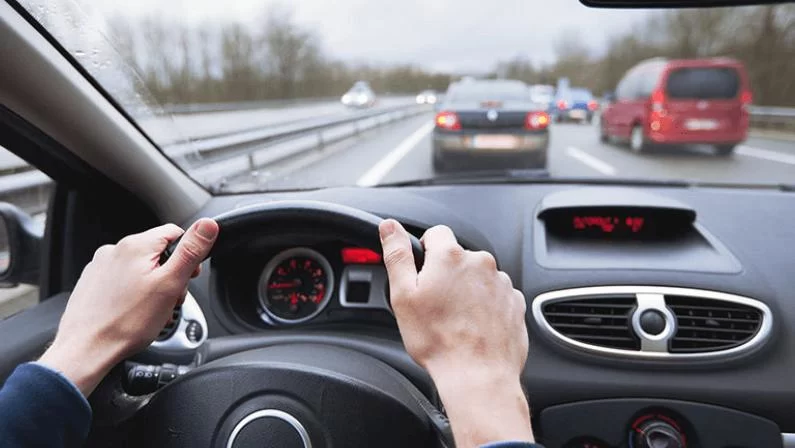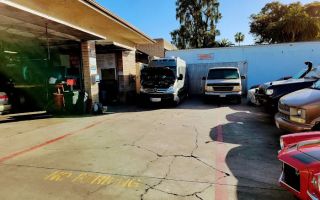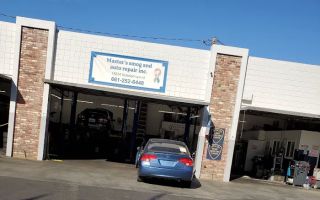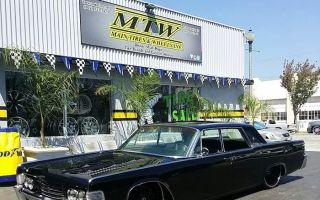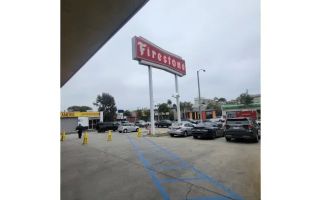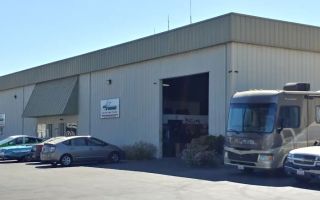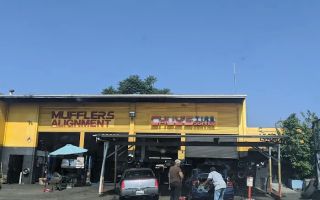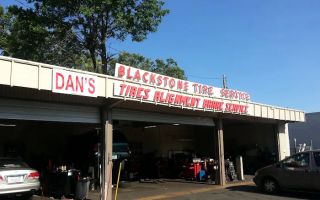Understanding Engine Failure and How to Handle It
Engine failure during a trip can be one of the most unsettling experiences for any driver. Whether you’re traveling across the country or just heading out on a weekend getaway, having your vehicle break down unexpectedly can cause stress and confusion. However, understanding what leads to engine failure and how to respond can save you time, money, and ensure your safety. In this article, we’ll dive into the causes of engine failure, how to handle it effectively, and share real-life stories to help you better prepare for these situations.
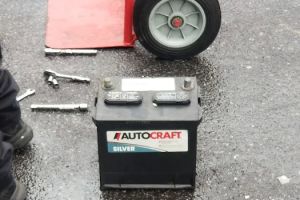
AutoZone Auto Parts
5701 Broadway, Bronx, NY 10463, USA
The Common Causes of Engine Failure
Before we jump into what to do when your engine fails, it's essential to understand why it happens. Engine failure can occur due to a variety of reasons, some of which are preventable with regular maintenance, while others are just unfortunate accidents. Below are a few common causes of engine failure:
- Lack of Oil or Coolant: The engine relies on oil and coolant to prevent it from overheating. If these fluids run low or become contaminated, the engine may overheat or seize.
- Fuel System Problems: A clogged fuel filter, faulty fuel pump, or contaminated fuel can lead to engine stalling or complete failure.
- Electrical Failures: Issues with the alternator, battery, or wiring can cause the engine to lose power or completely fail to start.
- Timing Belt or Chain Issues: A broken timing belt or chain can cause significant engine damage and lead to a breakdown.
Immediate Steps to Take When Your Engine Fails
When your engine fails during a trip, the first thing you need to do is remain calm. Panicking can make the situation worse and prevent you from thinking clearly. Here are the immediate steps you should take to handle an engine failure:
- Pull Over Safely: As soon as you notice the engine sputtering or your vehicle losing power, pull over to a safe location. Choose a spot away from traffic, such as a rest area or the shoulder of the road. This ensures that you’re not putting yourself or others in danger.
- Turn on Hazard Lights: Activate your hazard lights to alert other drivers that your vehicle is disabled. This will give you extra time to figure out your next steps without worrying about other cars approaching too closely.
- Check for Obvious Problems: If you feel comfortable doing so, pop the hood and check for any obvious signs of damage or issues like leaking oil, smoke, or strange smells. Be cautious and avoid touching anything that could be hot or dangerous.
What to Do Next: Calling for Help
If you're unable to identify the problem yourself, or if it’s something beyond your expertise, the next step is to call for help. Here are your options:
- Roadside Assistance: Many insurance policies offer roadside assistance services. Whether you have coverage or not, it's important to keep a list of roadside assistance services that can tow your car to a mechanic or provide you with a quick fix on-site.
- Contact a Tow Truck: If your engine failure is severe, you may need to call a tow truck. The towing service can take your vehicle to the nearest mechanic or repair shop, ensuring that you don’t waste valuable time trying to solve the issue yourself.
Real-Life Story: Engine Failure on a Cross-Country Trip
Let’s take a look at a real-life example. Mary, a woman traveling from New York to California, found herself stuck in the middle of the Nevada desert when her car’s engine failed. With no mechanic for miles and only a limited signal on her phone, she initially panicked. But remembering the advice from her auto safety course, she managed to pull over to the side of the road, turned on her hazard lights, and called her roadside assistance. Within a couple of hours, a tow truck arrived and took her car to the nearest town where she was able to get it repaired. What seemed like a major disaster turned into a manageable situation thanks to preparation and a calm, methodical approach.
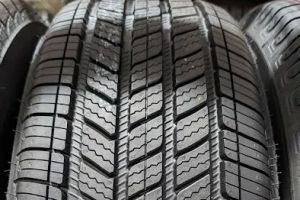
Costco Tire Center
1250 Old Country Rd, Westbury, NY 11590, USA
Preventative Measures to Avoid Engine Failure During Trips
While engine failure is not always predictable, you can take several steps to minimize the risk:
- Regular Maintenance: Ensure your vehicle undergoes regular maintenance, including oil changes, fluid checks, and battery inspections. Catching small problems early can prevent a major breakdown.
- Inspect Your Vehicle Before the Trip: Before you hit the road, conduct a quick inspection of your car. Check the oil, coolant levels, tire pressure, and make sure all lights and signals are working.
- Emergency Kit: Always carry an emergency kit that includes water, non-perishable snacks, a flashlight, jumper cables, and basic tools. This will help you stay comfortable and safe in case you get stuck.
How to Handle Engine Failure on Remote Roads
For those driving on less populated, remote roads, engine failure can feel even more daunting. In these situations, preparation is key. Make sure your phone is fully charged, and consider carrying a portable power bank. If you find yourself stranded without signal, there may be a nearby gas station or farm where you can ask for assistance. Always have a backup plan for reaching help when you're far from civilization.
How to Stay Calm and Safe During an Engine Failure
Finally, one of the most important aspects of handling an engine failure is staying calm. When you panic, it can be easy to overlook simple solutions or make mistakes that could make the situation worse. Here are a few tips for staying calm:
- Take deep breaths to help calm your nerves.
- Focus on the steps you can take to ensure safety, such as pulling over and contacting assistance.
- Remember that most breakdowns are temporary, and with the right steps, you’ll be back on the road in no time.

